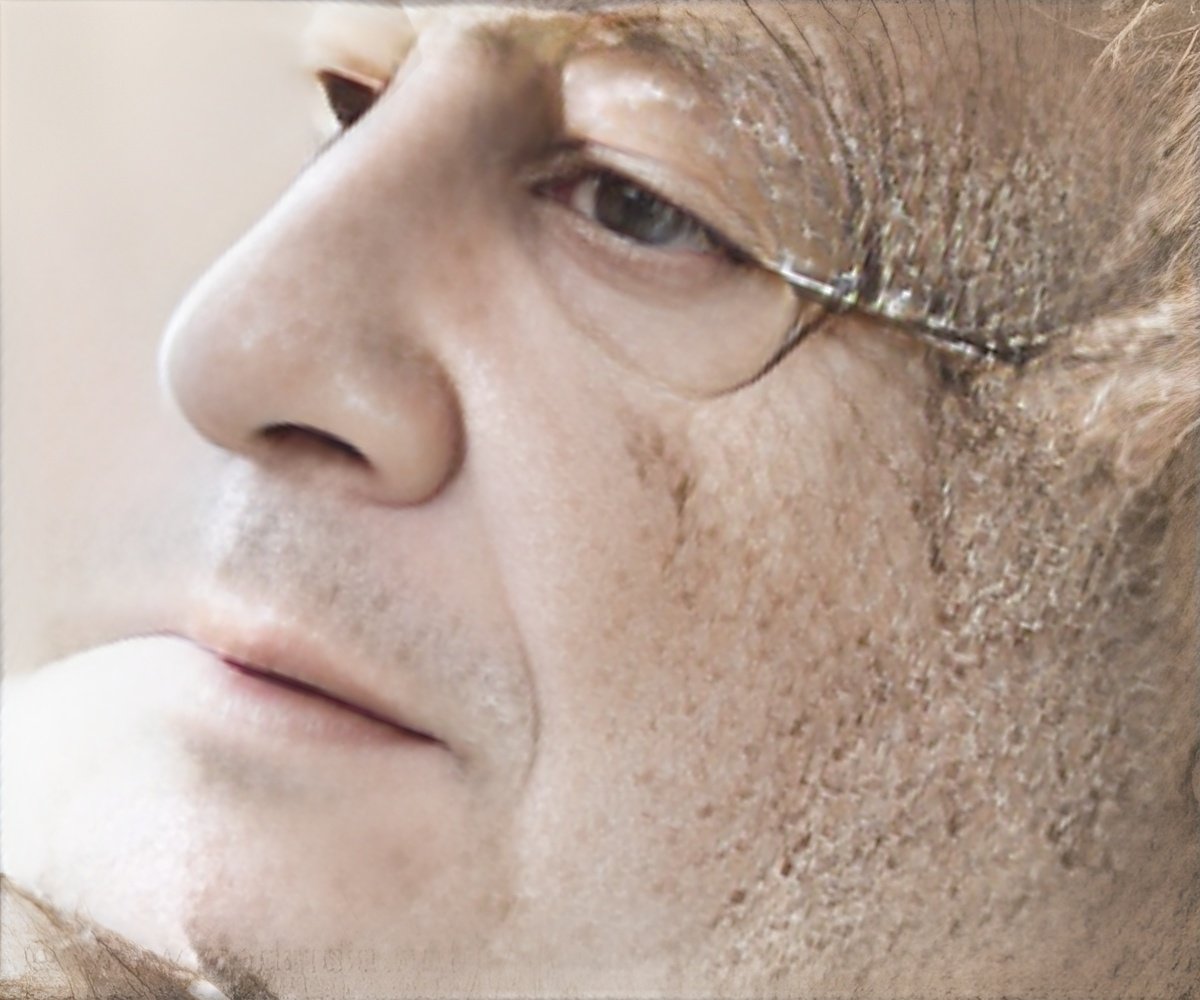Nearly half of older adults who undergo surgery involving general anesthesia tend to suffer from delirium in the postanesthesia care unit (PACU).

Many Older Patients Have Delirium after Surgery The researchers performed testing for delirium in the PACU (recovery room) in 91 older adults undergoing major surgery with general anesthesia. Delirium is defined as "acute change in level of consciousness, inattention, and disturbed cognitive function," and it's a common medical problem—especially in hospitalized patients.
The patients' average age was 79 years, and nearly 80 percent were living independently before their operation. All received widely used forms of general anesthesia for surgery.
On analysis by experts using standard diagnostic criteria, 45 percent of the patients had delirium in the PACU. In many cases, delirium persisted after the patient was moved to the hospital wards. Overall, about three-fourths of all cases of delirium occurring in the hospital after surgery started in the PACU.
Patients with early delirium had decreased mental function, with significant reduction on a standard cognitive test. The decline was significant even after adjustment for other factors, including initial cognitive score and duration of surgery.
Patients with early, persistent delirium were more likely to be discharged to a nursing home or other institution, rather than being sent home: 39 percent, compared to three percent of patients without delirium in the PACU. Of patients who had early delirium but were normal on the day after surgery, 26 percent were discharged to an institution.
Advertisement
But even brief episodes of postoperative delirium may have lasting effects in older adults, the study suggests. Dr Neufeld and colleagues note that many cases of delirium would have been missed if monitoring had started the day after surgery, rather than in the recovery room. They call for further studies of the rate and impact of early delirium after anesthesia and surgery, including evaluation of longer-term patient outcomes.
Advertisement
Source-Eurekalert










